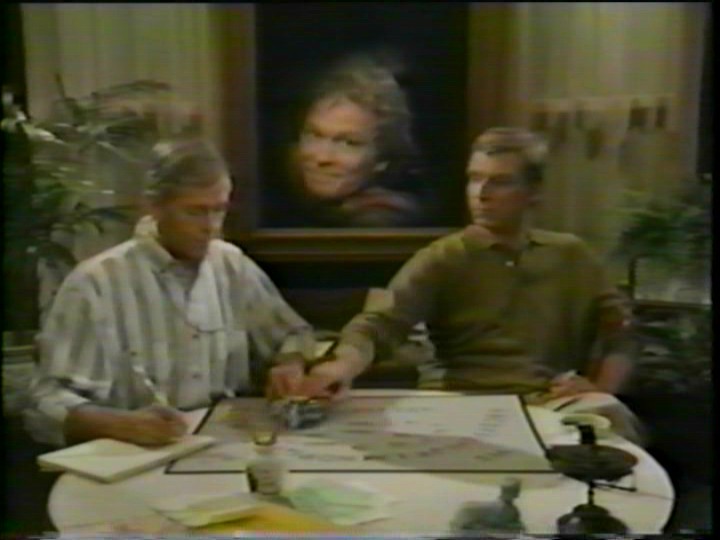 Film critic Manny Farber on "Underground Films," 1957:
Film critic Manny Farber on "Underground Films," 1957:"…any day now, Americans may realize that scrambling after the obvious in art is a losing game. The sharpest work of the last thirty years is to be found by studying the most unlikely, self-destroying, uncompromising, roundabout artists … The films of the Hawks-Wellman group are underground for more reasons than the fact that the director hides out in sub-surface reaches of his work. The hard-bitten action film finds its natural home in caves: the murky, congested theaters, looking like glorified tattoo parlors on the outside and located near bus terminals in big cities. These theaters roll action films in what, at first, seems like a nightmarish atmosphere of shabby transience, prints that seem overgrown with jungle moss, sound tracks infected with hiccups. The spectator watches two or three action films go by and leaves feeling as though he were a pirate discharged from a giant sponge …
"The action directors accept the role of hack so that they can involve themselves with expedience and tough-guy insight in all types of action: barnstorming, driving, bulldogging. The important thing is not so much the banal-seeming journeys to nowhere that make up the stories, but the tunneling that goes on inside the classic Western-gangster incidents and stock hoodlum-dogface-cowboy types. For instance, Wellman's lean, elliptical talents for creating brassy cheapsters and making gloved references to death, patriotism, masturbation, suggest that he uses private runways to the truth, while more famous directors take a slow, embalming surface route." (Negative Space, 15-17)
Farber's excitingly arguable definition of "underground," which is quite different from what we often take the word to mean when applied to art nowadays, makes me want to do a Keywords-style analysis of it, with particular attention to the evolution of the term in the late 50s/early 60s. The movies that Farber's using "underground" to champion are "male action films" directed by Howard Hawks, William Wellman, Anthony Mann, Robert Aldrich, etc. Briefly, here, Farber seems to want at least three different connotations of "underground" in play:
1. oblique in its formal strategies — "roundabout," "tunneling," and in contradistinction to "scrambling after the obvious"
2. not obviously authored — "the director hides out in sub-surface reaches of his work" — a hiding out which paradoxically confirms the director's ultimate authorship by allowing him to indulge his preference for "private runways to the truth"
3. disreputable — referring both to the films' conditions of viewing ("shabby transience") and their conditions of production and reception ("The action directors accept the role of hack")
For Farber "underground" is a kind of portmanteau concept, combining these three senses (which refer to form, authorship and social status respectively) into a rough category which he can use to classify, and therefore justify, the kinds of films he likes. What Farber doesn't make the word refer to is any type of coterie, conspiracy or social network, which I think has become the primary meaning of "underground" since. (One would assume this usage has political roots, though it would be interesting to try to figure out exactly which ones. A later instance that might reward some attention is the Weather Underground.) He also, while making a point of these filmmaker's opposition or at least indifference to more legitimate film culture, avoids any mention of the "avant-garde," both because it would be silly to apply such a term to Hollywood movies and because he clearly doesn't consider it a prerogative of any of his favorite underground filmmakers to épate la bourgeoisie: that would actually be closer to the sort of over-obvious, over-audience-focused films he attacks elsewhere in the essay.
Thus I think we can isolate, in Farber's article, a relatively pure conception of "underground," before it acquires its decisive association with the "counterculture" (a word yet to be coined). Farber's use remains idiosyncratic, but I think it nonetheless captures the word at an interesting point in its trajectory.
(I may write more on this later, when I read Farber's more famous essay on "White Elephant Art vs. Termite Art.")









